Learning Languages 101: Top 5 Benefits and Top 5 Tips of Learning New Languages
Humans have diversified themselves through the means of several distinct features. Take, for example, bipedalism, the use of fire, and a brain with intelligence far beyond that of any of our non-human peers. These unique abilities are distinct yet not completely unique to homo sapiens. In 1981, remains of Homo erectus and Australopithecus were discovered to have been capable to use fire after discovering charred bones from 1 to 1.5 million years ago while the non-extinct Australian Firehawk is capable of using fire to intentionally cause wildfires. Ostriches, orangutans, and even beavers are capable of if not accustomed to bipedalism. Rauisuchia, a crocodylomorph from the Triassic period, have been proven to be capable of bipedalism as well. The intelligence of dolphins and other cetaceans that have the closest known intelligence to humans. They are capable of complex actions such as feeling empathy, understand body language, and communicate in echolocation. So what really makes us unique? Many argue that the most distinctive and decisive difference between us humans and other animals is our ability to communicate in the form of languages. Today’s world has an array of languages, some with several exotic cultures. Languages allow us to express ourselves in ways that are unfathomable to any other known species in the entire universe. Join us on all the benefits of learning several languages!










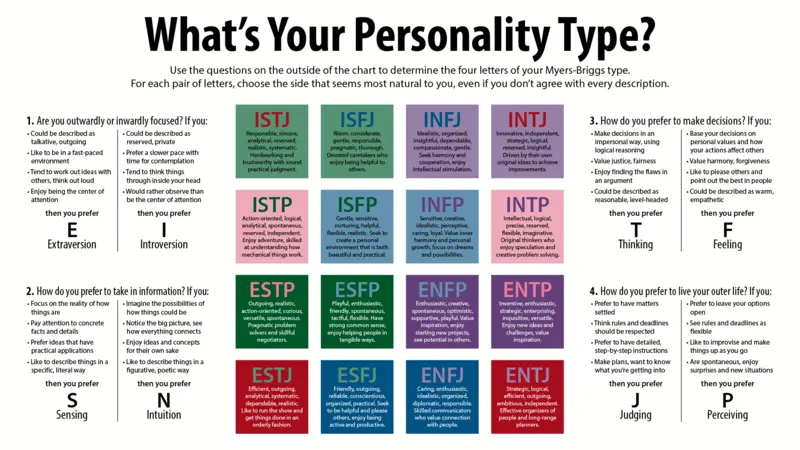




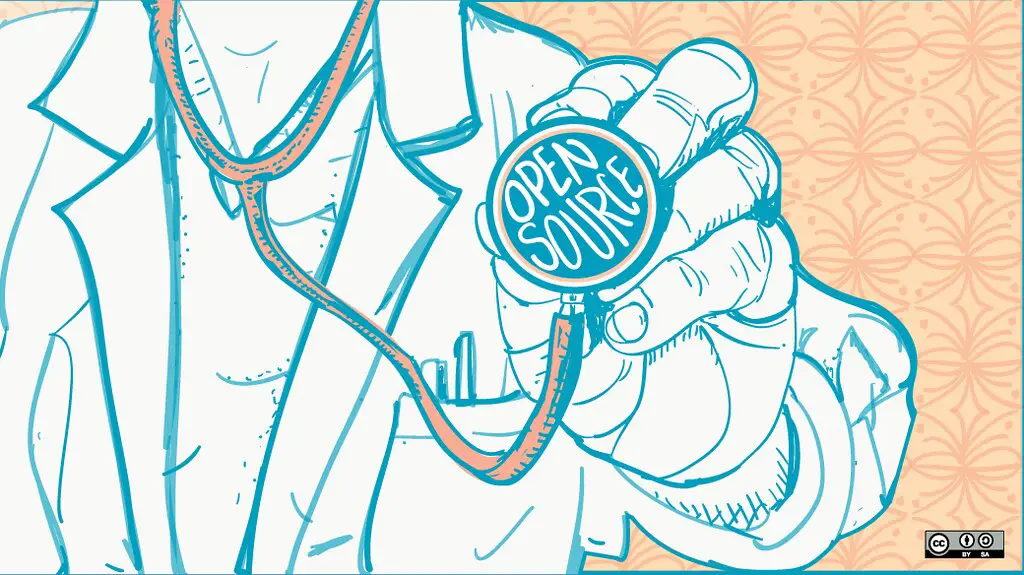
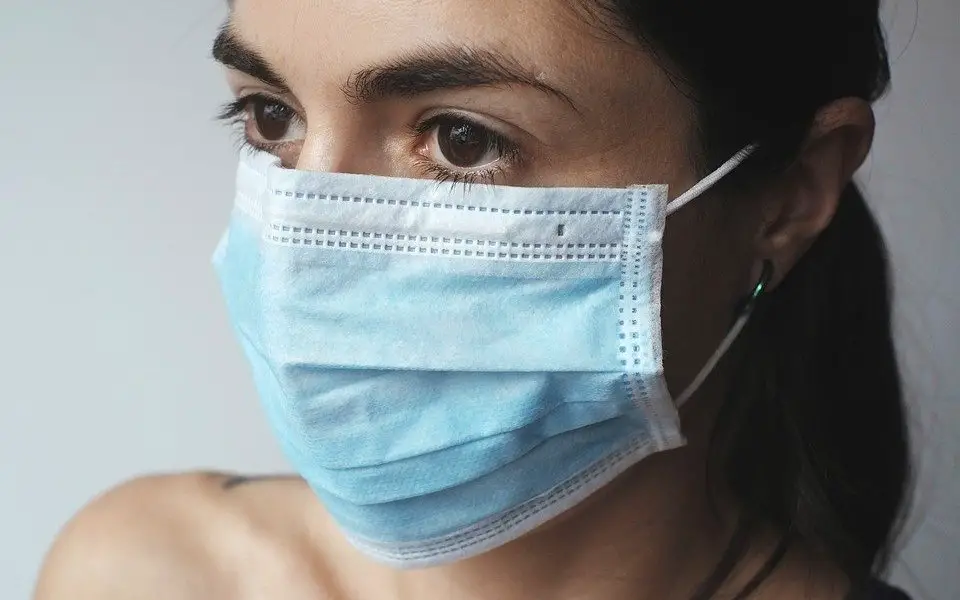
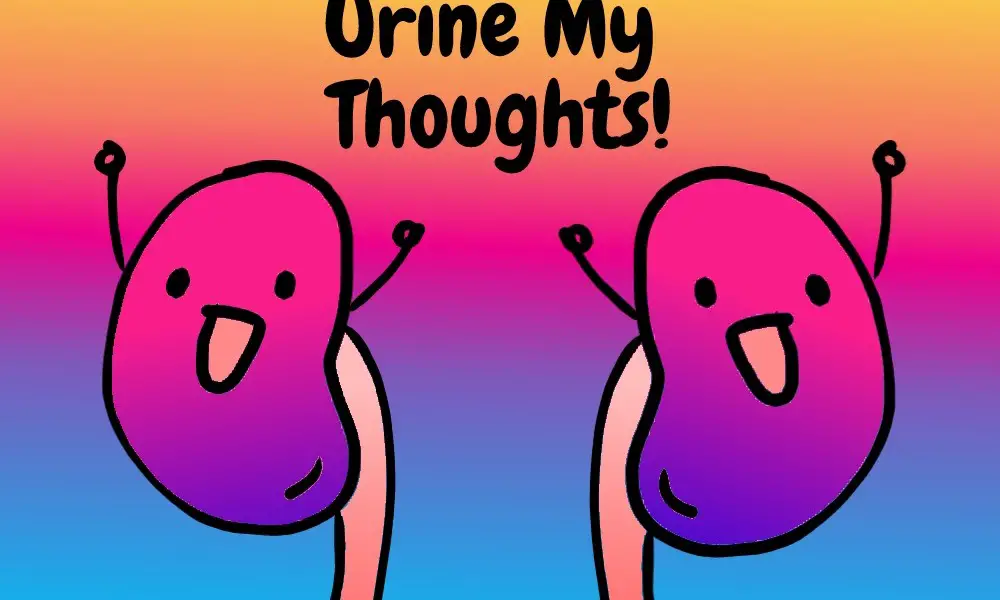








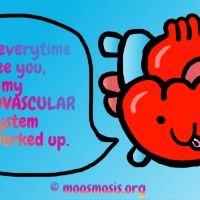


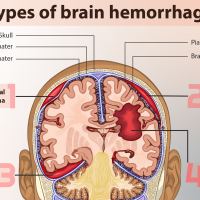
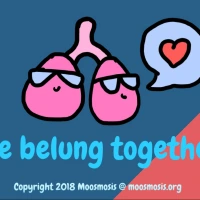
![Reproductive System: Medical Anatomy and Histology of Male vs Female Reproductive Organs [Biology, MCAT, USMLE]](https://moosmosis.files.wordpress.com/2022/03/lie-72450-1614680263.jpg?w=200&h=200&crop=1)



